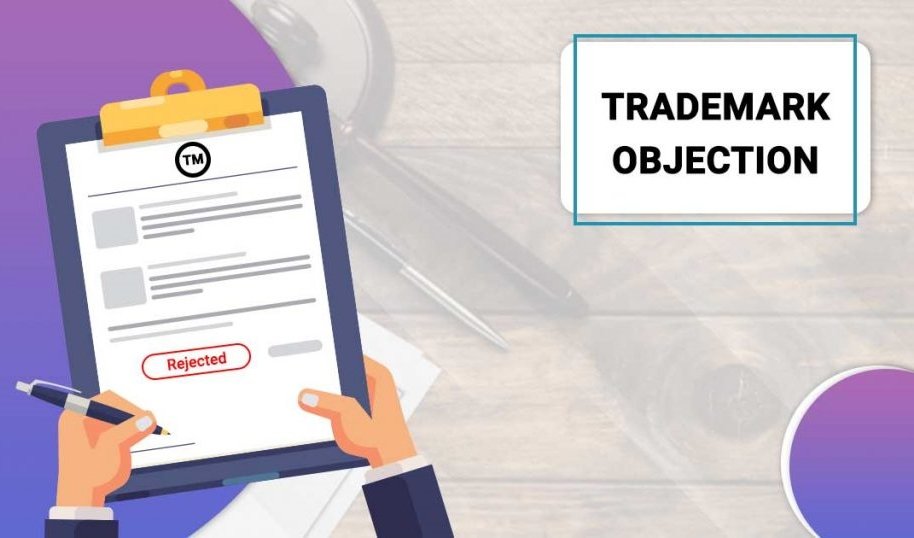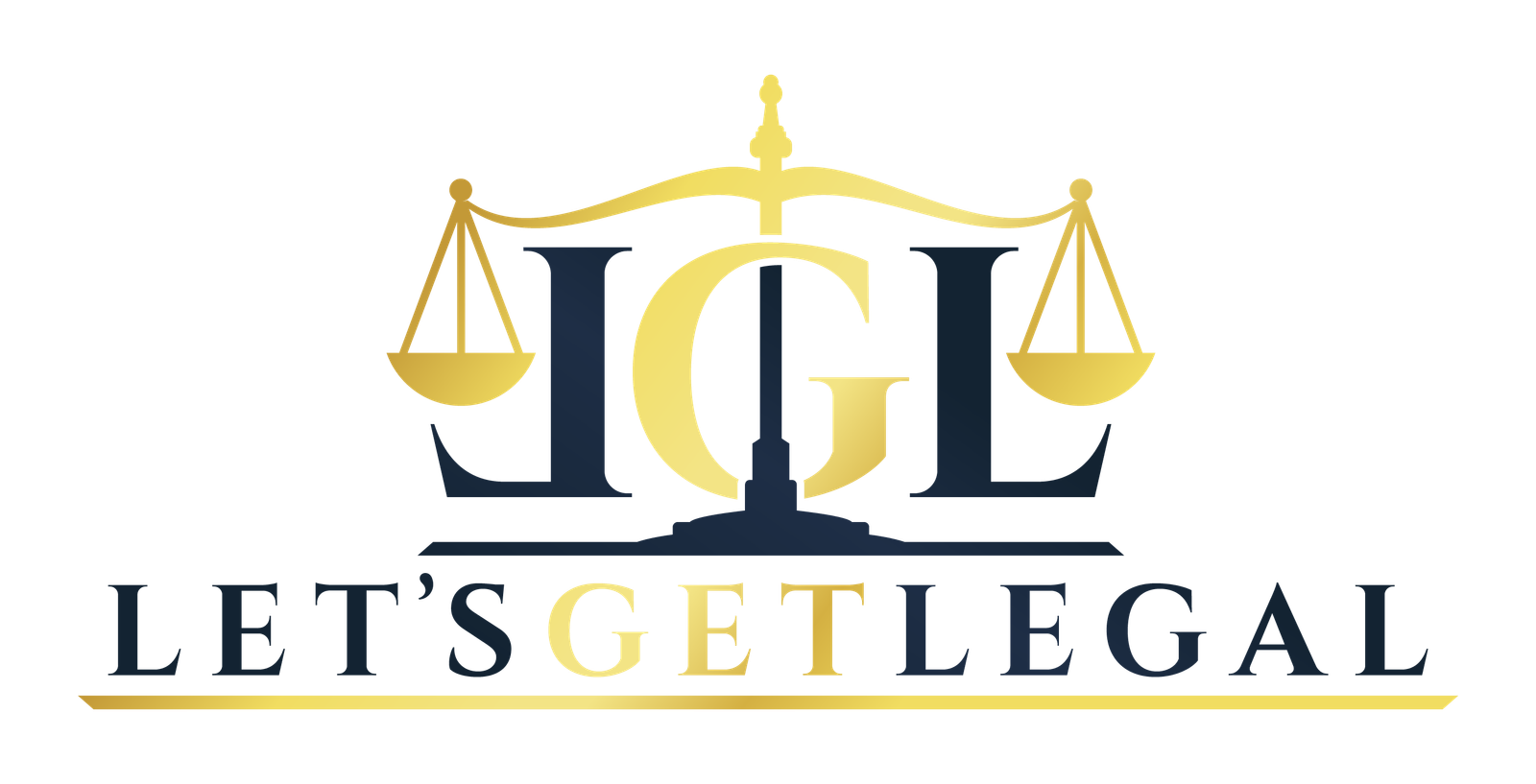Copyright Registration in India

Copyright is a right given by the law to creators of literary, dramatic, musical and artistic works and producers of cinematograph films and sound recordings. In fact, it is a bundle of rights including, inter alia, rights of reproduction, communication to the public, adaptation and translation of the work. There could be slight variations in the composition of the rights depending on the work.
Procedure for Trademark Registration in India

WHAT IS A TRADEMARK?
Trademark refers to a brand name. It can be in the form of a symbol, name, or slogan that distinguishes a product or business from its competitors. Trademarks are generally considered a form of intellectual property and may be registered. Using a trademark prevents others from using a company or individual’s products or services without their permission. They also prohibit any marks that have a likelihood of confusion with an existing one.
REASONS FOR OBJECTION TO TRADEMARK

To enjoy the protection of a trademark, the business needs to get its trademark registered under the Register of trademarks as per the provisions of Trademark Act,1999. To register the same, an application is made to the Indian Trademark Registry which further goes through examination. A trademark officer examines the trademark application to not be in contravention of any rule. If not, the trademark is registered. Whereas, if any objection to the trademark is found, an objection to it is raised by the examiner in their examination report.
Restoration Of Trademark

Restoration is the process of bringing back the trademark of the business to the register of Trademarks. A trademark guarantees the protection of uniqueness of a business’s name, symbol, phrase, or design that distinguishes it from others, but under the Trademark Act, 1999 it is only valid for 10 years. If a business wants to enjoy its trademark beyond that time period, it has to apply for renewal. Thus, a renewal will help in the continued protection of their interest and the perpetual preservation of their rights.
Everything about Double Patenting

A patent protects an invention relating to a product or a process that is new, involving inventive steps, and capable of industrial application.



